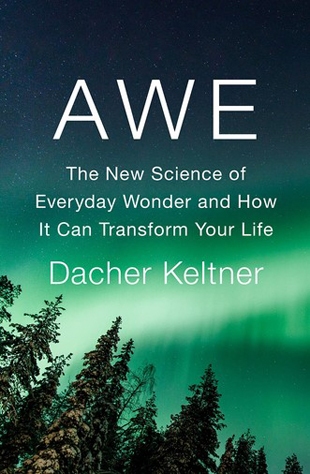This book takes both a psychological and spiritual approach to the subject of awe, or wonder, defined as that which “heightens our awareness of being part of a community, of feeling embraced and supported by others. Feeling awe, we place the stresses of life within larger contexts.”
Author Dacher Keltner, a professor of psychology at the University of California, Berkeley, makes it clear that awe is something sorely missing from most of our lives today. Levels of stress are, by all accounts, at historic levels.
Keltner takes a scientific approach, testing hypotheses, and recording data. For example, chapter 6 is titled “Wild Awe: How Nature Becomes Spiritual and Heals Bodies and Minds” and begins by revealing a study Keltner undertook to test a hypothesis: “We suspected that awe may reduce the inflammation produced by our immune system, in particular that which arises in response to chronic threat, rejection, and loneliness.” The result of this study is fascinating, narrated in close detail. Most of all, people felt awe in outdoor, wild spaces, and Keltner explains the basic human need, for health and happiness, of “wild awe.” He’s a scientist, but not at all hesitant to prescribe mountains, rivers, trees, and clouds, from his findings.
